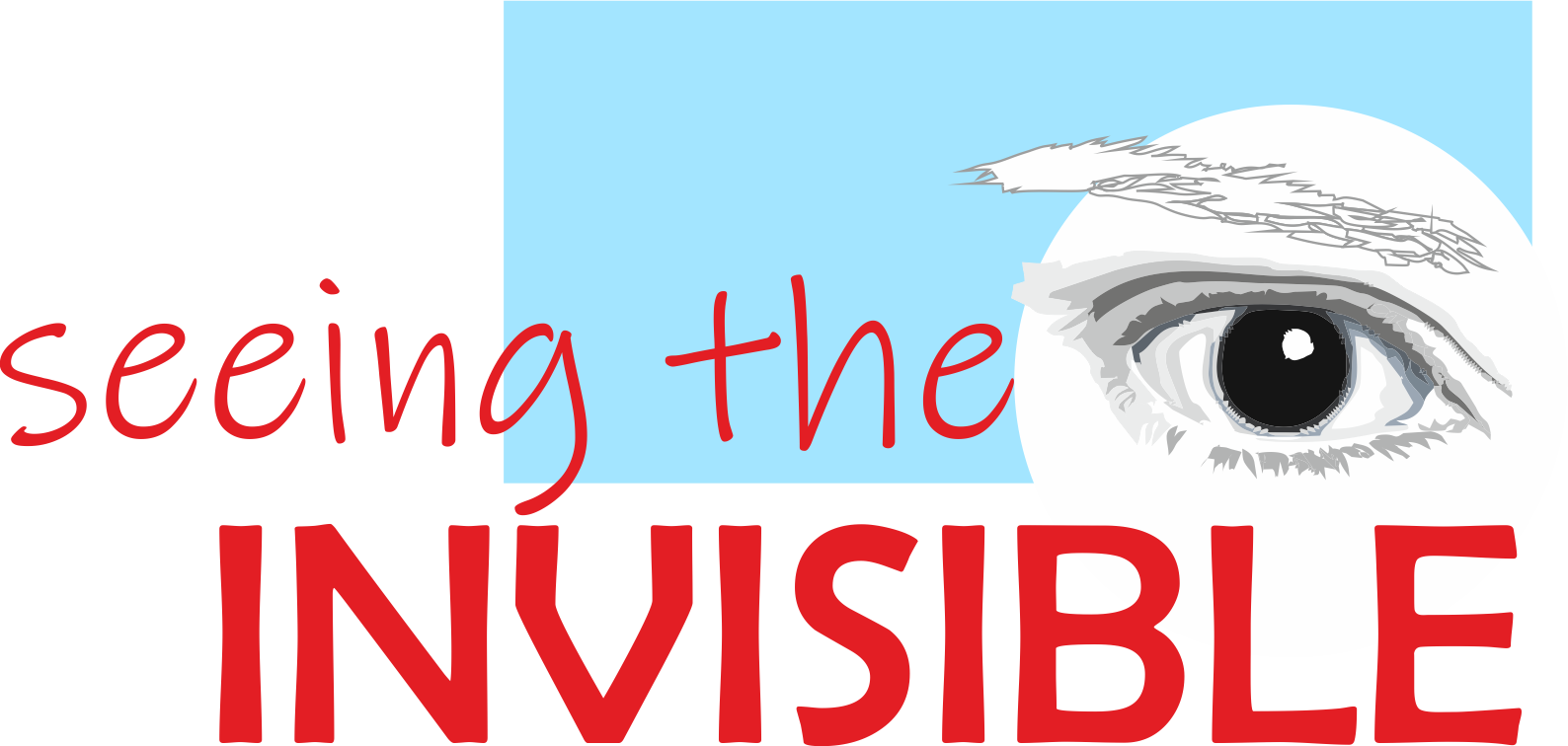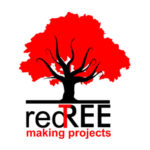
REDTREE MAKING PROJECTS
Redtree Making Projects Coop. V. is a social cooperative active in the fields of education, training, and educational materials design by science and social affairs. Its aim is to help social and educational organizations to develop their framework and to improve the quality of their products through training, specific development plans, social studies, grant applications, legal advising, bureaucratic procedures, etc. We want to reach better educational levels and improve the employability and inclusion of students.
We also have close relationships of cooperation and joint work with very diverse social and educational organizations, such as associations of people with special needs and their families, educational centers, foundations, etc. This joint work done over the years has led us to opening new specific work fields for students with special educational needs (SEN), mainly the design of inclusive educational projects as well as the creation of new materials and tools adapted to their needs.
Redtree’s projects and areas of expertise are intersectorial, since we have been working mainly in 4 educational sectors: school education, professional training, adult education, and the training of young people through non-formal and informal education. This social cooperative has developed very diverse functions within these four educational sectors, ranging from the design of educational projects at the European level, of materials and educational tools, project quality control and monitoring, advisory and consulting functions, etc, plus the experience coordinating our own Erasmus+ projects, as explained in the next section.
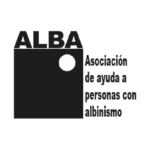
ALBA ASSOCIATION
ALBA is a non-profit association born in 2005, within “Organización Nacional de Ciegos Españoles” (ONCE) and its headquarters is in the city of Valencia. It is comprised of people with Albinism, their families, and health and education professionals interested in this field, that works throughout Spain.
Albinism is considered a rare disease, because only one in 10000 people suffer from it, which is why it is so remarkable that the entity has a very active and large youth group, since its constitution with 139 members.
The functions of ALBA are not only guiding and helping people with Albinism in their lives, but also to empower and teach members of the entity, especially children and young people, to acquire the necessary skills to achieve a full
inclusion in society.
Albinism does not only produce effects on skin, but its total or partial lack of pigmentation causes problems when exposing to the sun, and serious visual limitations, to the point of disability.
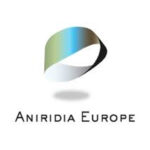
ANIRIDIA EUROPE
Aniridia is a rare disease, so many of the affected families have to face its diagnosis without support; Aniridia Europe, the Federation of European Aniridia associations and their representatives, was created precisely with the aim of changing this situation.
Aniridia Europe was officially founded on September 25th, 2011 and is based in Norway. This association promotes the research and exchange of knowledge about Aniridia, and gives training and support to people with Aniridia from all over Europe. It also includes contacts from non-European countries, and although they cannot formally be full or affiliate members, we want to support people with Aniridia in all countries to help them share information and build useful networks in their own countries.
The countries in which this Federation has delegations are: Belgium, Belarus, Bulgaria, Croatia, Denmark, Estonia, Finland, France, Georgia, Germany, Greece, Iceland, Ireland, Israel, Italy, Kazakhstan, Lithuania, Moldova, Netherlands , Norway, Poland, Portugal, Russia, Serbia, Spain, Sweden, Switzerland, Turkey, Ukraine, and the United Kingdom.
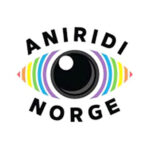
ANIRIDIA NORGE
The Norwegian Aniridia Association, Aniridia Norway, is a non-profit (NPO), non-religious volunteer government-funded association for and by people with Aniridia, their families and friends. It was founded in 2003 and has since established a strong network with 165 members in Norway by the end of 2014.
There are 67 people (known to us, as of 2014) with Aniridia living in Norway, and their rate in the country is 1: 76000 (Dr. Eden, 2008). Most newborns with Aniridia are diagnosed within the first half year after birth, and all diagnosed patients are offered monitoring and necessary treatments throughout their life, along with low vision aids by the free healthcare system.
On December 4th 2003, this state-level association was founded, and operational support was obtained from Norway’s public health institutions, and it began to carry out national projects in the fall of 2004, thanks to direct funding from the Norwegian Ministry of Health. We held our first meeting in the spring of 2004, full of excited people who could meet peers with the same diagnosis and their relatives for the first time. Many received their first lectures and information about Aniridia from doctors at this meeting.
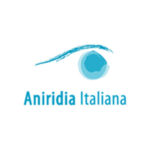
ANIRIDIA ITALIANA APS
Aniridia Italy was born in 2005 to bring together people suffering from this rare disease, an ocular disorder that leads to a partial or total lack of the iris, as well as a loss of sight of more than 80% in many cases, and can also lead to cataracts, glaucoma, and corneal opacity due to limbic insufficiency. The disease can also lead to other, more exceptional, systemic alterations such as renal issues (Wilms’ tumor) or mental diseases.
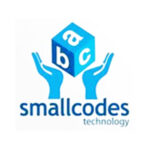
SMALLCODES
Smallcodes is a company devoted at protecting and promoting linguistic diversity through technology. It wants to create a network among minorities, with the purpose of guaranteeing each language a systematic and constant presence in the written and in the IT world. The language which are currently part of SC community and uses SC resources are Occitan, Sardinian, Ladin, Walser, Francoprovençal, Lombard dialect of Italian Switzerland, Cimbrian, Mòcheno, Plodarisch, Oto-Manguean languages of Mexico, Romani and much more.
SC intends to shorten the digital divide between majority languages and regional and minority languages. To achieve this goal, it produces software systems for lexicography, spellchecking and neology/terminology planning for lesser-used languages, plus systems for toponymy cataloging and bibliographic archiving. These five modules are, according to the policy of SC, the first step towards a modern use of the language.
SC is also involved with publishing projects (books, DVDs and e-books for minority languages), with the implementation of ICT resources for school education (teaching applications and e-books, language portals) and with geolinguistic projects (maps with the traditional geographic place names).

GRETA DU VELAY
Greta du Velay is a public training organization that encompasses 21 educational institutions for adult education, secondary schools, and colleges, under the wing of the Ministry of Education.
Half of its activity consists of supporting small and medium-sized enterprises in their learning processes, and the other half in supporting the social and vocational inclusion of disadvantaged target groups, such as unemployed or migrant youth, through activities like the development of key competences, transversal competences, providing support to discover and guide towards a career and employment, etc.
The entity was founded in 1975, with ISO 9001 certificate issued in 1998; it employs 4 training advisors and 40 trainers, and offers around 300.000 hours of training per year (to an average of 2000 to 2500 students).
Greta du Velay works closely with other non-profit associations and public organizations involved with young adults (like local missions, social workers, cultural centers, housing centers, information centers for young persons, women, and their families…)
